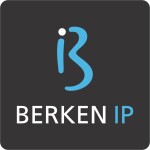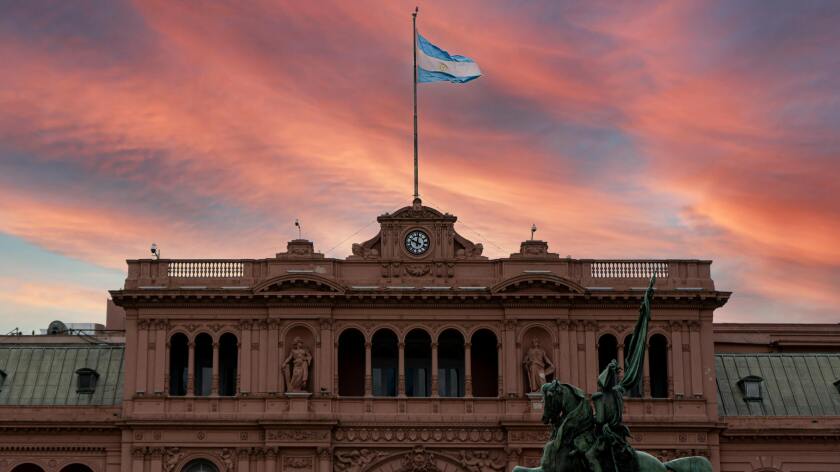In the academic and scientific research ecosphere – and under the ‘first-to-file’ patent system – there is often a tension between the researchers’ need and urgency to publish results on the one hand and the need to secure intellectual property protection on the other. Argentina offers a mechanism to bridge this gap, since applicants may benefit from a grace period to validly request a patent even after the invention has been disclosed by the inventor.
This mechanism is similar to that of the US but differs from the one set forth by the European Patent Convention, which consists of a six-month grace period counted from the date of filing a European application – not the priority date – and is restricted to very specific categories of disclosures. A distinguishing feature of the Argentine grace period is the obligation to declare any prior disclosure at the time of filing the patent application.
In jurisdictions that recognise a grace period, inventor-originated disclosures do not invalidate the novelty of an invention if the application is filed within a defined timeframe, of generally 12 months from the date of disclosure and irrespective of where the disclosure occurred.
The Argentine Patent Law (Law No. 24,481) does not consider disclosures made one year before the priority date or filing date in Argentina to be prejudicial, subject to the fulfilment of certain requirements. In other words, if a disclosure is made in a foreign country and a corresponding patent application is filed in that country within 12 months of the disclosure, it is still possible to validly file the Argentine application claiming that priority within the subsequent 12 months. Consequently, applicants may benefit from a ‘total’ grace period of up to two years from the inventor disclosure to file a patent application in Argentina.
Non-prejudicial disclosures term
Article 5 of the Patent Law establishes specific circumstances under which certain prior disclosures can be effectively excluded from the prior art. The law provides for a one-year grace period prior to the filing date of the patent application in Argentina or from the priority date, during which any disclosure through any means of communication made by the inventor or its legal successors shall not affect the novelty of the invention.
To benefit from this grace period, the applicant must declare the disclosure at the filing date and provide evidence that the disclosure fulfils the requirements set forth in the legislation (Article 5, Regulatory Decree of the Patent Law). Differently from the US, the grace period does not extend to third-party disclosures of the same subject matter made after the inventor’s disclosure, so it would not act as a ‘defensive shield’ against later third-party disclosures of the same invention.
Required supporting evidence (statement under oath)
When the applicant declares that the invention was disclosed prior to the filing date in Argentina, the declaration shall be considered a statement under oath (Article 5, Regulatory Decree of the Patent Law). In the event of a false statement, the applicant forfeits the right to benefit from the exception, and, consequently, the disclosure will be considered part of the prior art, regardless of who made the disclosure.
Article 5 of the Regulatory Decree of the Patent Law provides three examples of means of communication through which disclosures would be considered non-prejudicial, as well as the type of evidence to be submitted:
Graphic or digital publications – if the invention was disclosed in a written form, a copy of the published content must be attached;
Audiovisual media – the means, location, and exact date of the disclosure must be identified; and
Official exhibitions (such as national or international fairs or exhibitions) – formal evidence of participation must be submitted; e.g., event certificates, including details of the dates and the type of exhibition held.
Importantly, the Argentine legal framework does not consider publications of applications or granted patents by foreign offices as a non-prejudicial disclosure (Patent Examination Guidelines, Chapter IV, Section 8.1(C)).
The Patent Office has adopted as a policy that these publications do affect the novelty of an invention, since they are not regarded as originating from the inventor or its legal successors. This approach is especially relevant given that Argentina is not a Patent Cooperation Treaty (PCT) contracting state and all priority claims must comply with the Paris Convention for the Protection of Industrial Property (Article 4, Section C(1)), which only recognises a right of priority from a first filing. As a result, once a PCT application has been published, it cannot be validly filed in Argentina.
On the other hand, if the PCT application has not yet been published and the inventor disclosure took place less than 12 months earlier, it is still possible to file a non-priority application in Argentina, since applications are regarded as prior art only from their publication date.
This criterion has been supported by a Supreme Court decision in 2020 as a result of legal actions aimed at reversing the interpretation of the Patent Law made by the Patent Office.
Key takeaways on Argentina’s patent grace period
In Argentina, applicants may benefit from a grace period if a disclosure was made by the inventor or its legal successors through any communication media up to one year before the priority date, and if the requirements of declaring and providing evidence of the disclosure are fulfilled at the Argentine filing date.
This provides an advantage for scientists who publish the results of their research, as it allows more time to seek patent protection while testing the market for an invention, attracting investors, and assessing in which jurisdictions patent applications should be filed.
In jurisdictions that do not provide a grace period, the most common requirement is absolute novelty. Under this requirement, any disclosure by the inventor, regardless of where in the world it takes place, may bar patentability if made prior to the filing date. For this reason, it is strongly recommended to seek advice from a qualified patent attorney in the relevant jurisdiction to ensure proper protection.












